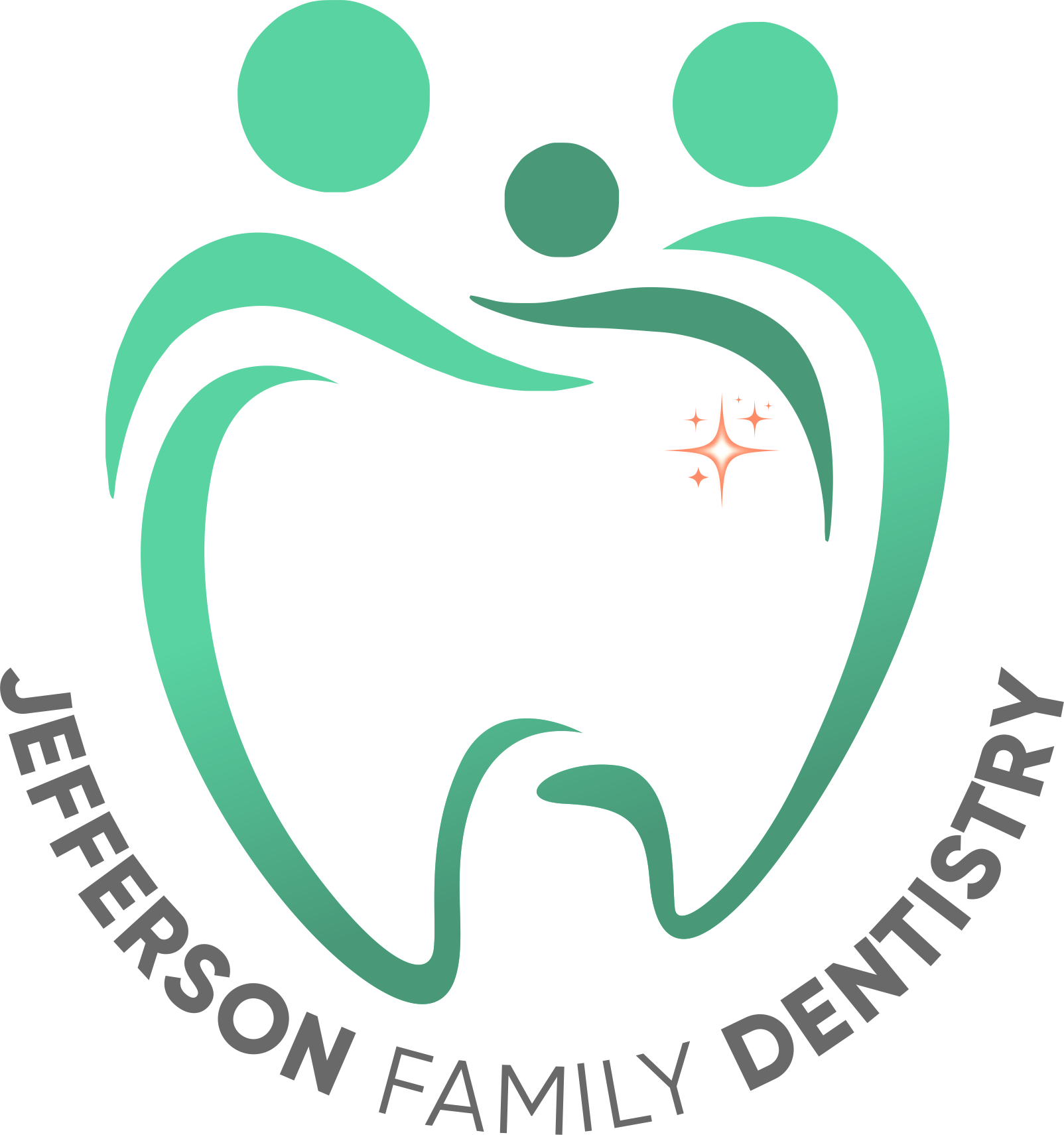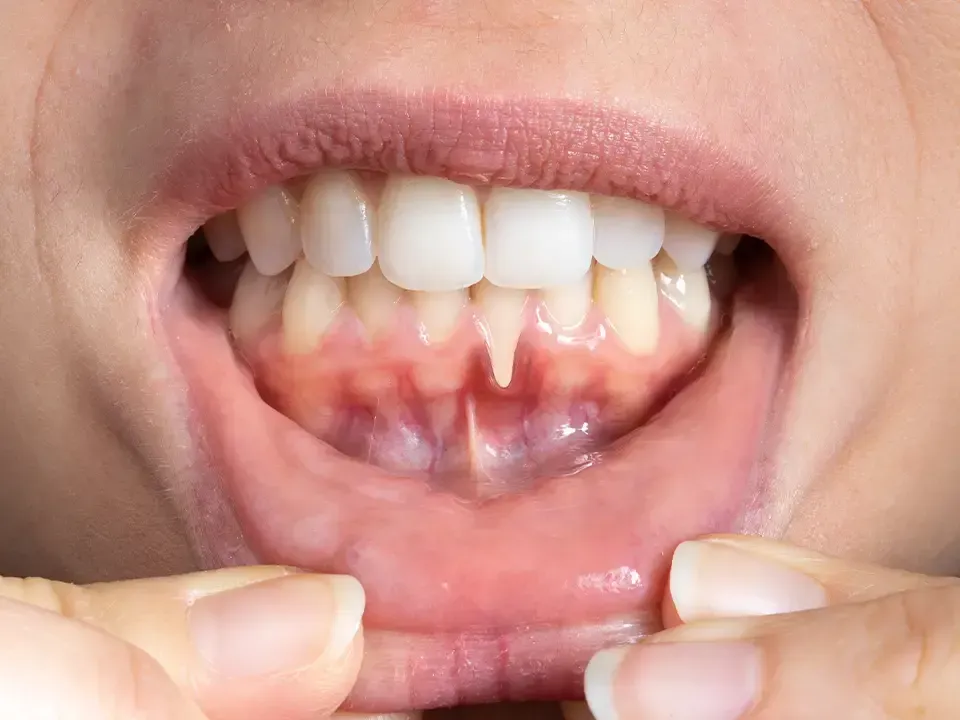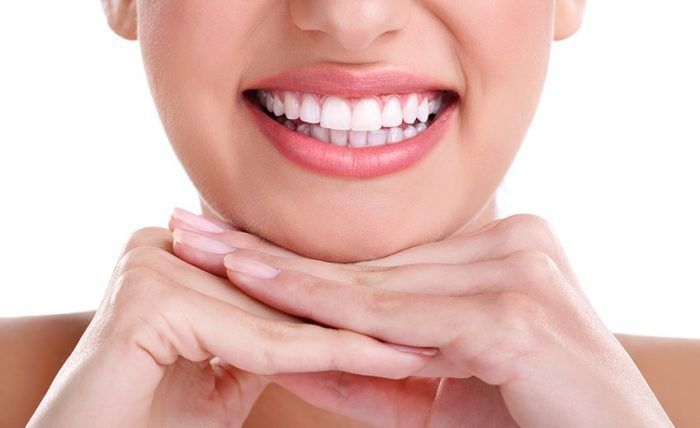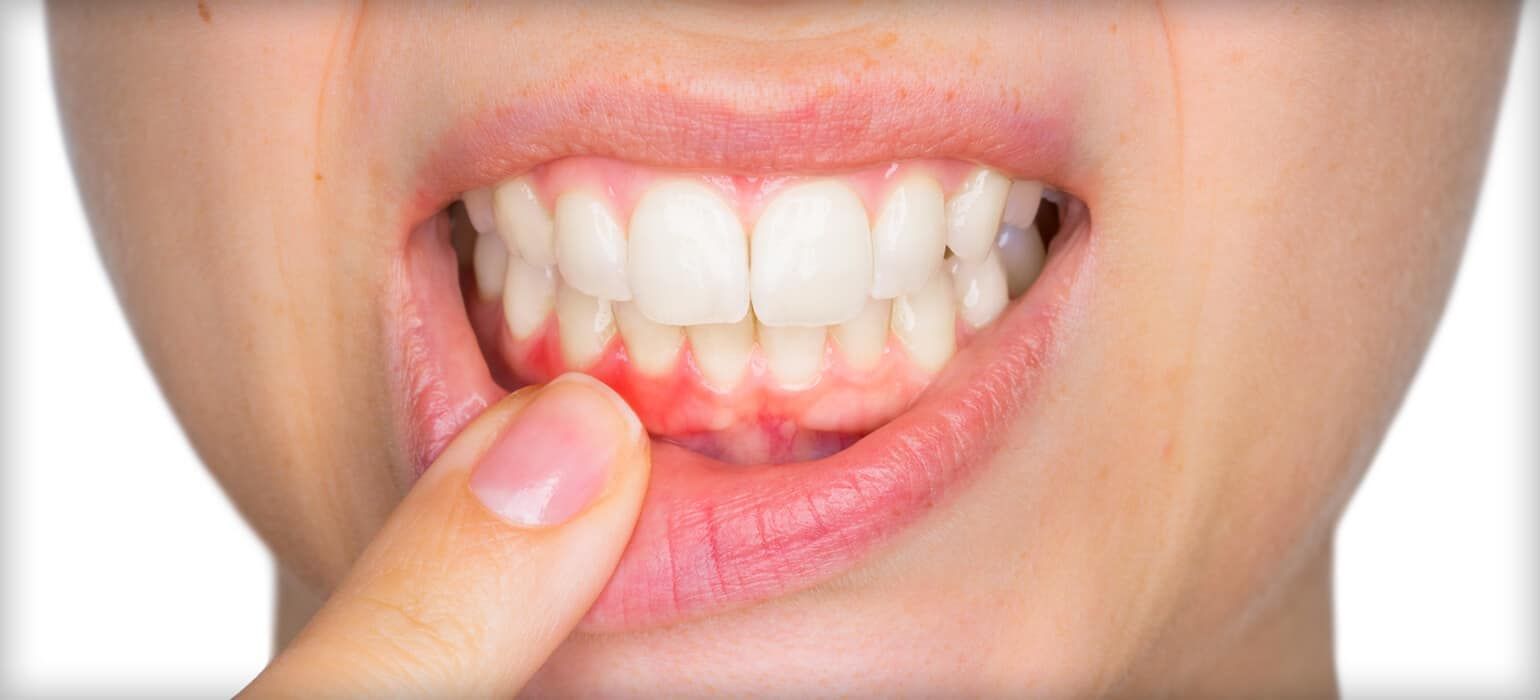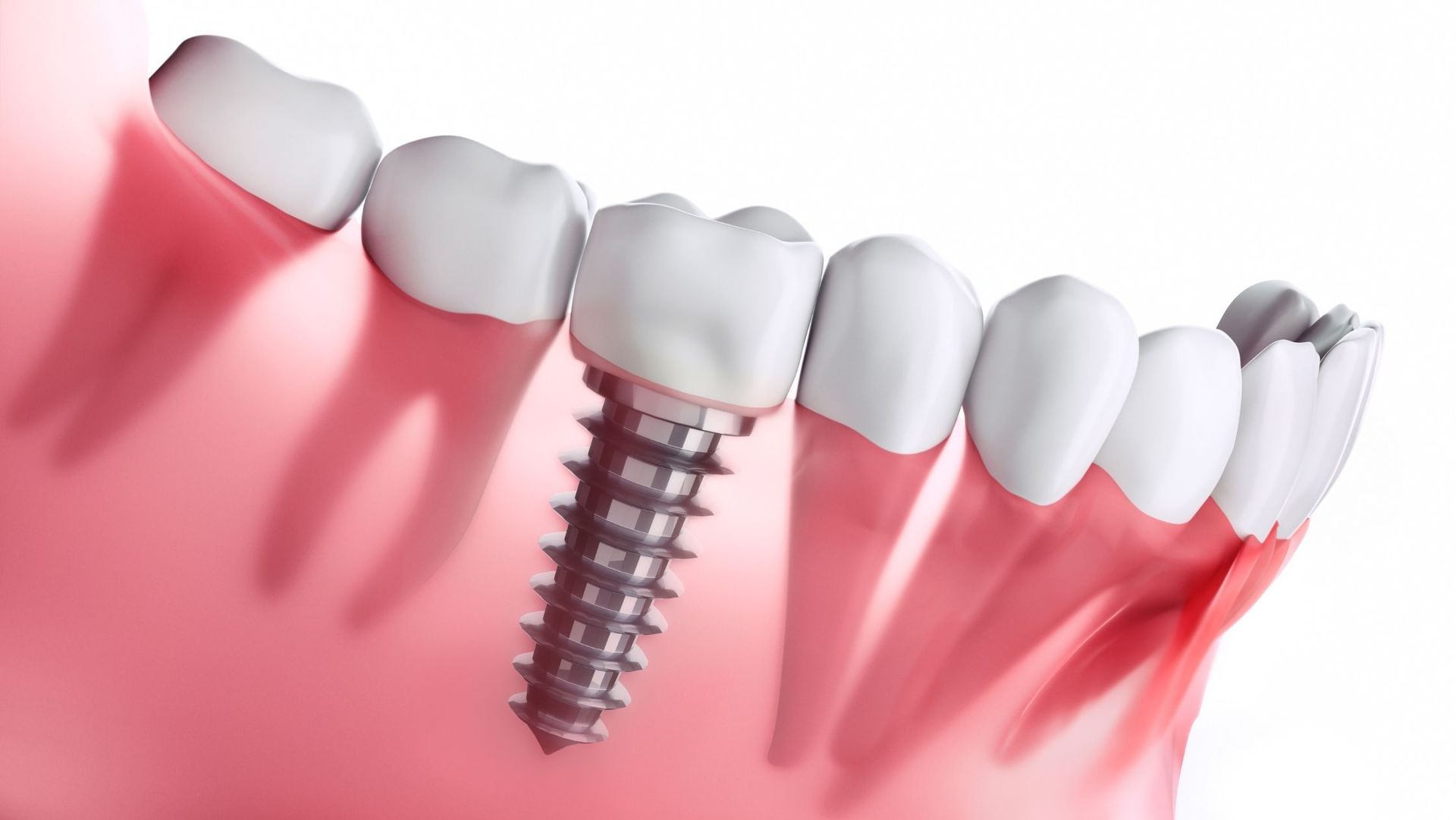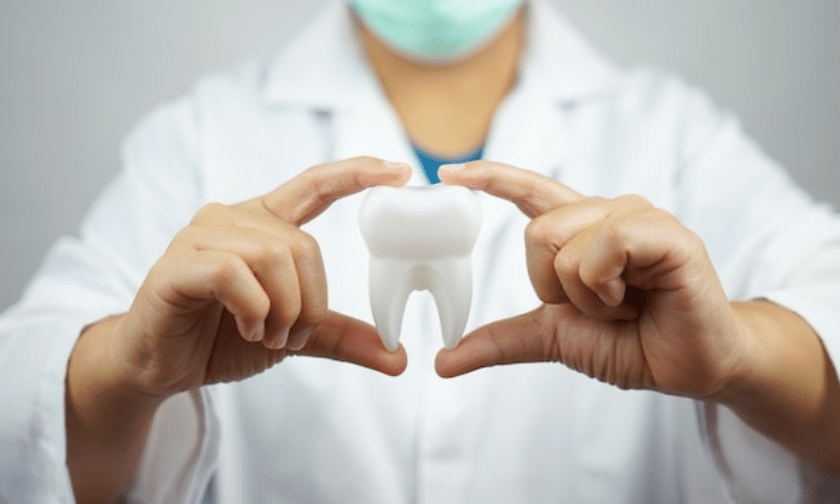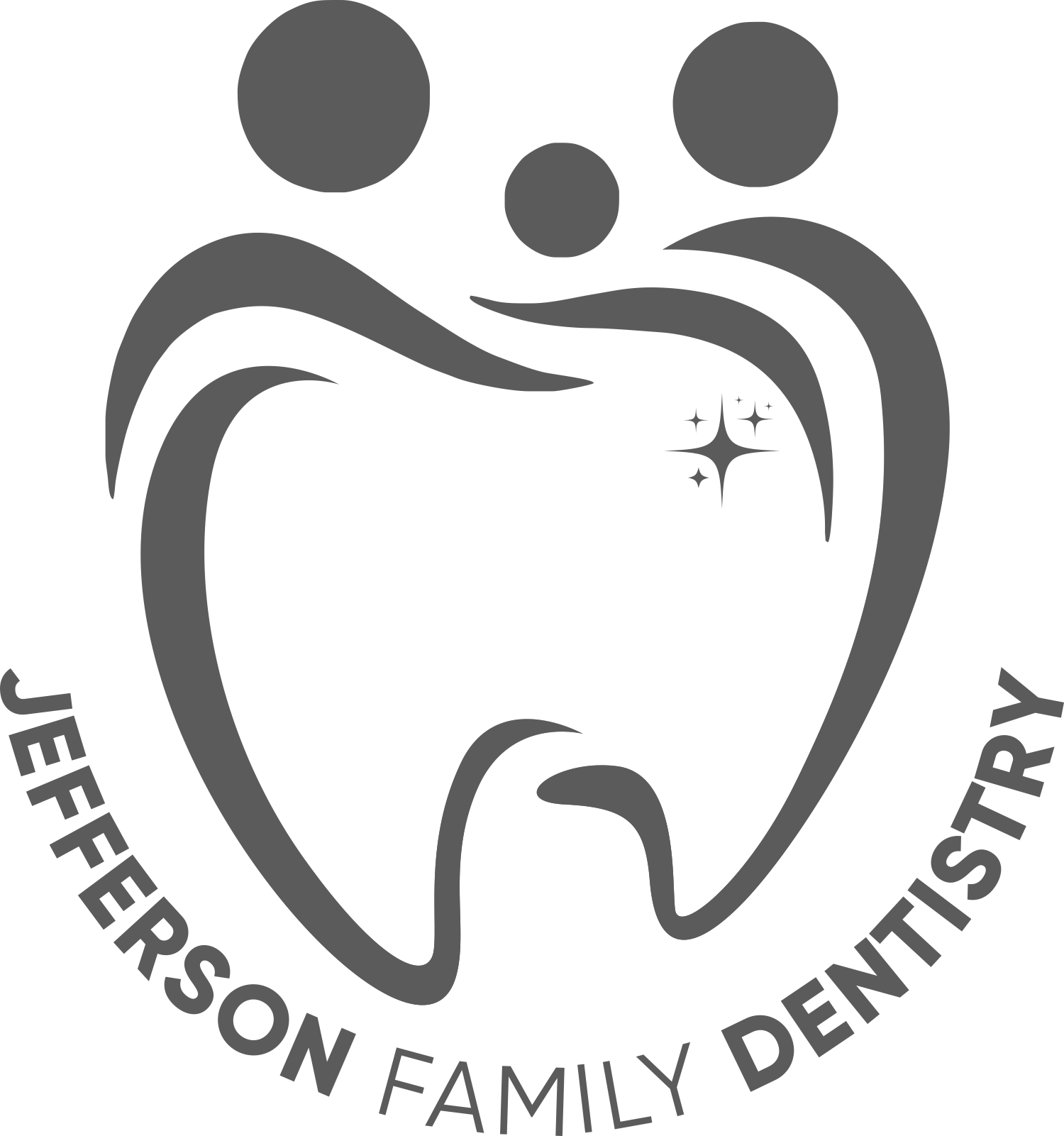Why They Matter for Long-Term Health
Best Family Dentistry in Lake Hopatcong, NJ
When patients visit the dentist for a routine checkup, one of the most common questions they ask is: “Do I really need dental X-rays?” It’s a fair question—especially if your teeth feel fine and you brush and floss regularly. But the reality is that many dental problems begin below the surface, silently progressing before they cause visible signs or pain.
At Jefferson Family Dentistry in Lake Hopatcong, we believe in early detection and prevention. Dental X-rays allow us to take a deeper look at what’s happening beneath the enamel, behind the gums, and in the jawbone—giving us essential insights to protect your oral health before serious issues arise.
What Are Dental X-Rays, and How Do They Work?
Dental X-rays (radiographs) are a form of imaging that uses low-dose radiation to capture detailed pictures of your teeth, roots, bone levels, and surrounding structures. These images help your dentist evaluate areas that aren’t visible during a clinical exam.
There are several types of X-rays we may use, depending on your age, risk factors, and treatment needs:
- Bitewing X-rays: Used to detect cavities between teeth and monitor bone levels.
- Periapical X-rays: Focused on one or two teeth at a time to assess the root and surrounding bone.
- Panoramic X-rays: A full-mouth view that shows the entire jaw, useful for evaluating impacted teeth, cysts, tumors, or jaw development.
- Cone Beam CT (CBCT): A 3D scan sometimes used for complex procedures like dental implants or root canal therapy.
At Jefferson Family Dentistry, we use modern digital radiography, which offers sharper images, lower radiation exposure, and faster results.
Why X-Rays Are Essential—Even If You Feel Fine
Some patients assume that if they don’t feel pain or see a problem, everything is fine. But many dental conditions don’t show symptoms in the early stages. Cavities, bone loss, abscesses, cysts, and even oral cancers can begin developing silently. X-rays allow us to:
- Spot decay between teeth that can’t be seen during a visual exam
- Detect infections at the tip of the root or in the bone
- Monitor wisdom teeth development or impaction
- Evaluate bone loss from gum disease
- Identify structural issues in the jaw
- Plan for procedures like crowns, bridges, or implants
Without X-rays, these conditions may go undetected until they require more extensive (and more expensive) treatment.
How Often Do You Need Dental X-Rays?
There’s no one-size-fits-all schedule for dental X-rays. The frequency depends on your oral health history, age, risk of decay, and current symptoms. In general:
- New patients may need a full set of X-rays to establish a baseline.
- Children and teens may need X-rays more often as their teeth and jaws are still developing.
- Patients with a history of decay or gum disease may need X-rays annually.
- Low-risk patients may only need them every 1–2 years.
At Jefferson Family Dentistry, we personalize our recommendations. We’ll never take unnecessary X-rays—but we’ll also never compromise on your health by skipping essential diagnostics.
Are Dental X-Rays Safe?
Yes. Today’s digital X-rays are extremely safe. In fact, the radiation from a single dental X-ray is roughly equivalent to the amount you’re exposed to during a short airplane flight or spending a day outdoors. And with digital imaging, exposure is reduced even further—by up to 90% compared to traditional film X-rays.
We also take additional precautions, such as protective lead aprons and thyroid collars, to ensure patient safety—especially for children, pregnant individuals, or those with specific health concerns.
Common Dental Conditions Detected with X-Rays
Still not convinced you need X-rays? Consider the conditions that may go undetected without them:
- Hidden cavities between or beneath teeth
- Cracks or fractures in tooth roots
- Periodontal disease causing silent bone loss
- Impacted teeth, especially wisdom teeth
- Abscesses or cysts in the jawbone
- Bone changes related to systemic conditions
- Infections spreading beyond the tooth
Identifying these issues early helps us intervene conservatively—often saving you time, discomfort, and money down the line.
The Jefferson Family Dentistry Approach
Our mission is to provide thorough, personalized, and preventive-focused care to every patient we serve. That means using the latest technology to diagnose issues early—before they require complex treatment.
If you’re new to the area or looking for a family-friendly dental practice that prioritizes both comfort and comprehensive care, we welcome you to visit our Lake Hopatcong office. Whether it’s your child’s first checkup or your own routine exam, we’ll explain every step of the process and help you feel confident in your care.
15 South, Lake Hopatcong, New Jersey 07849, United States
